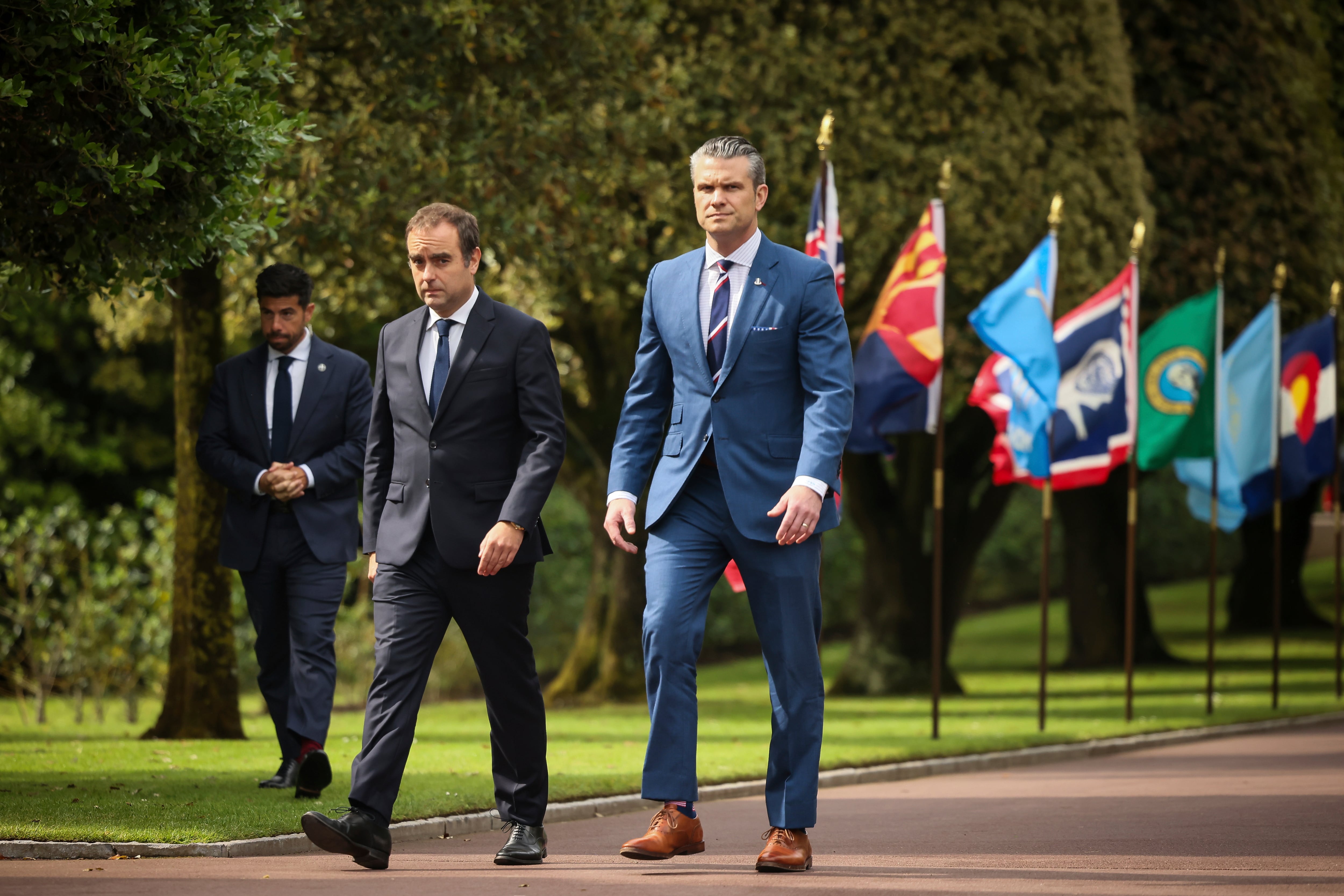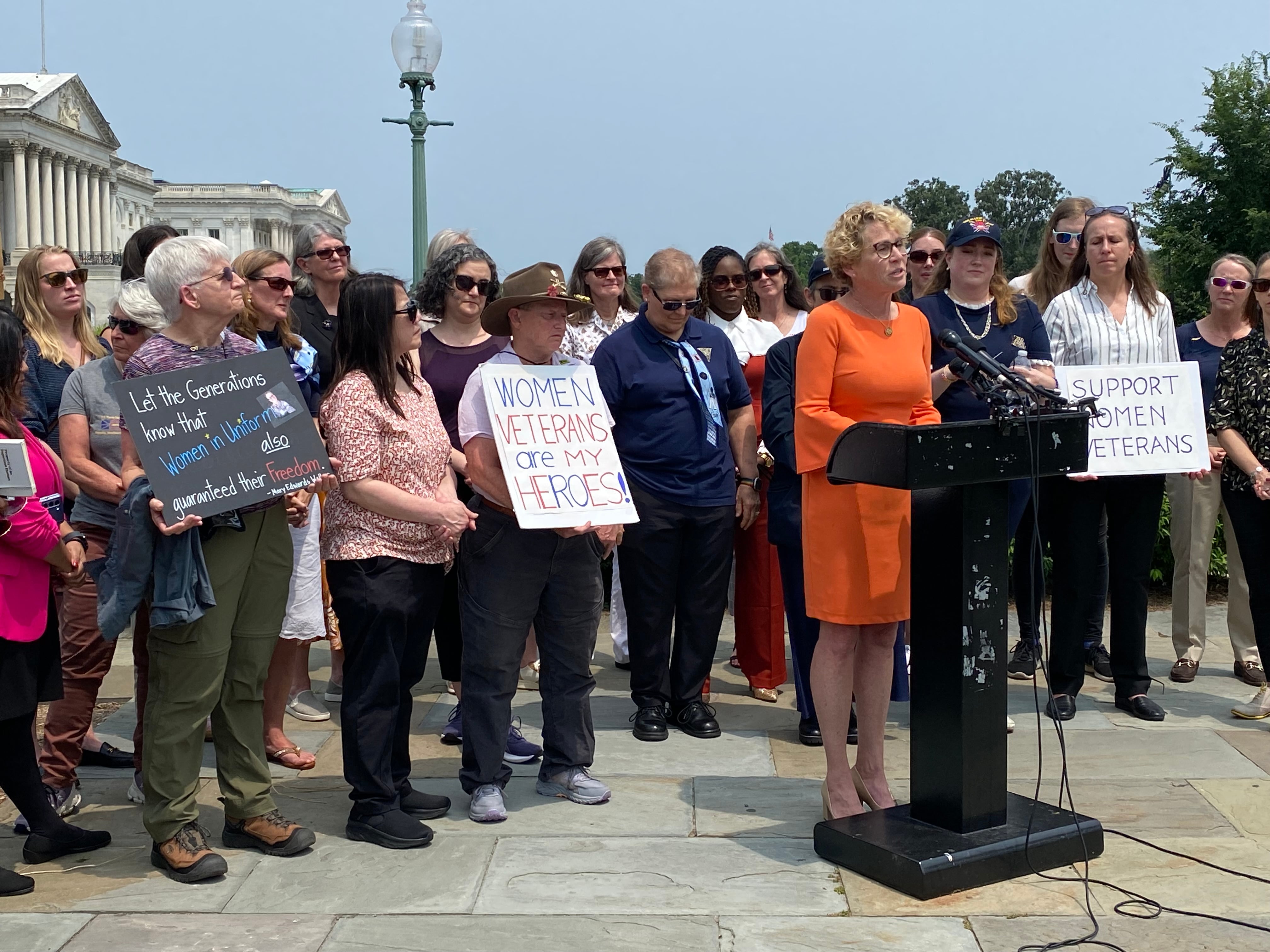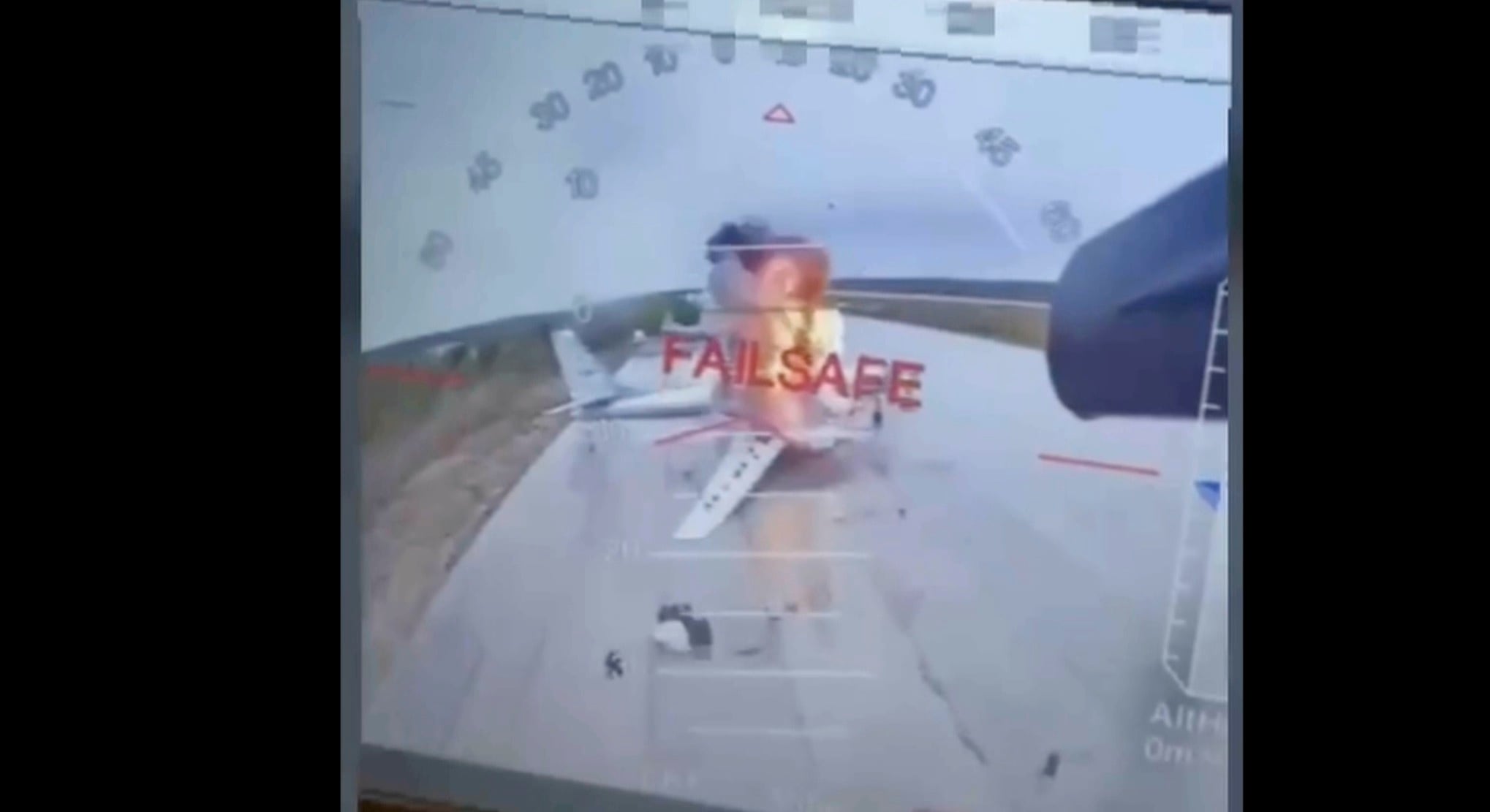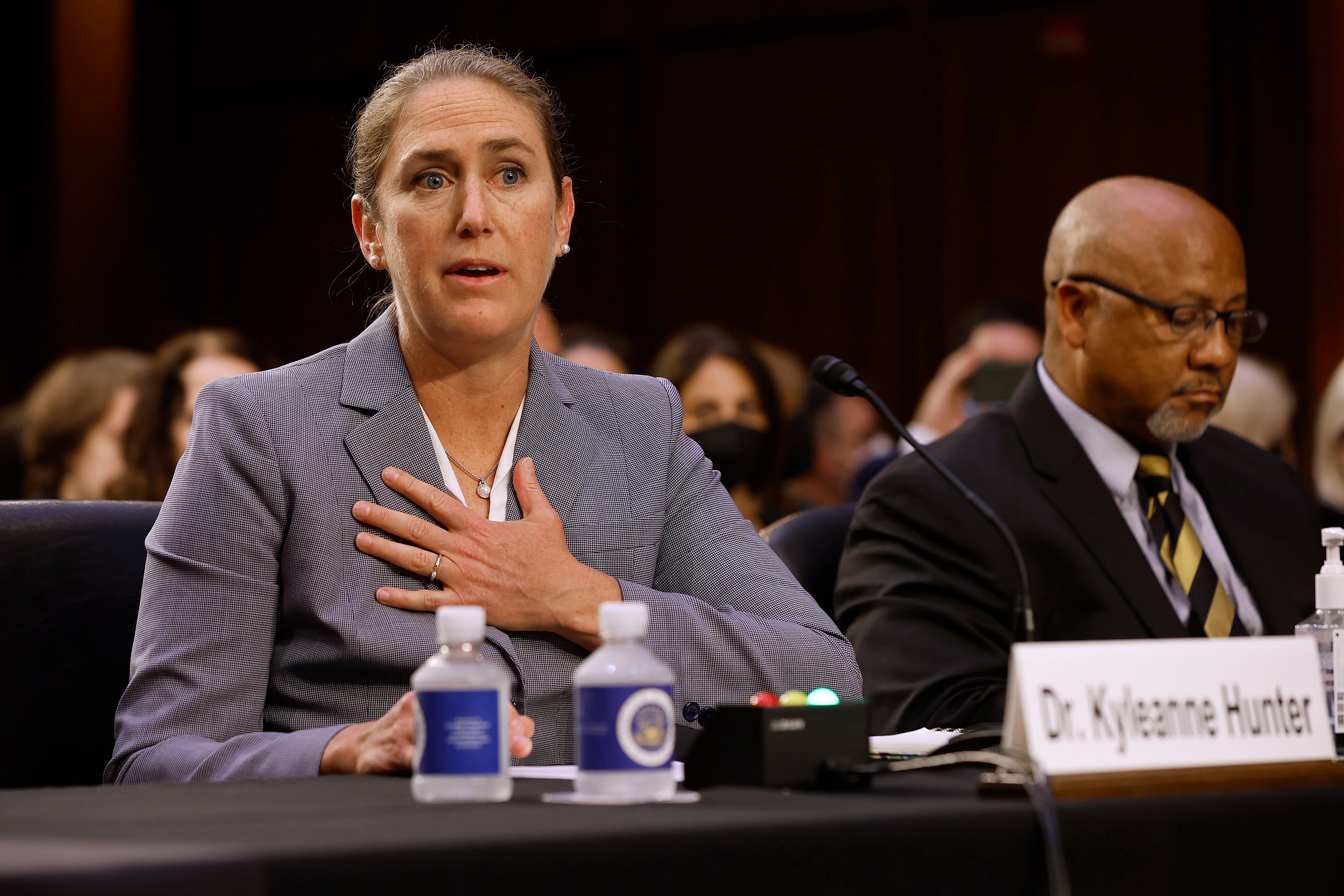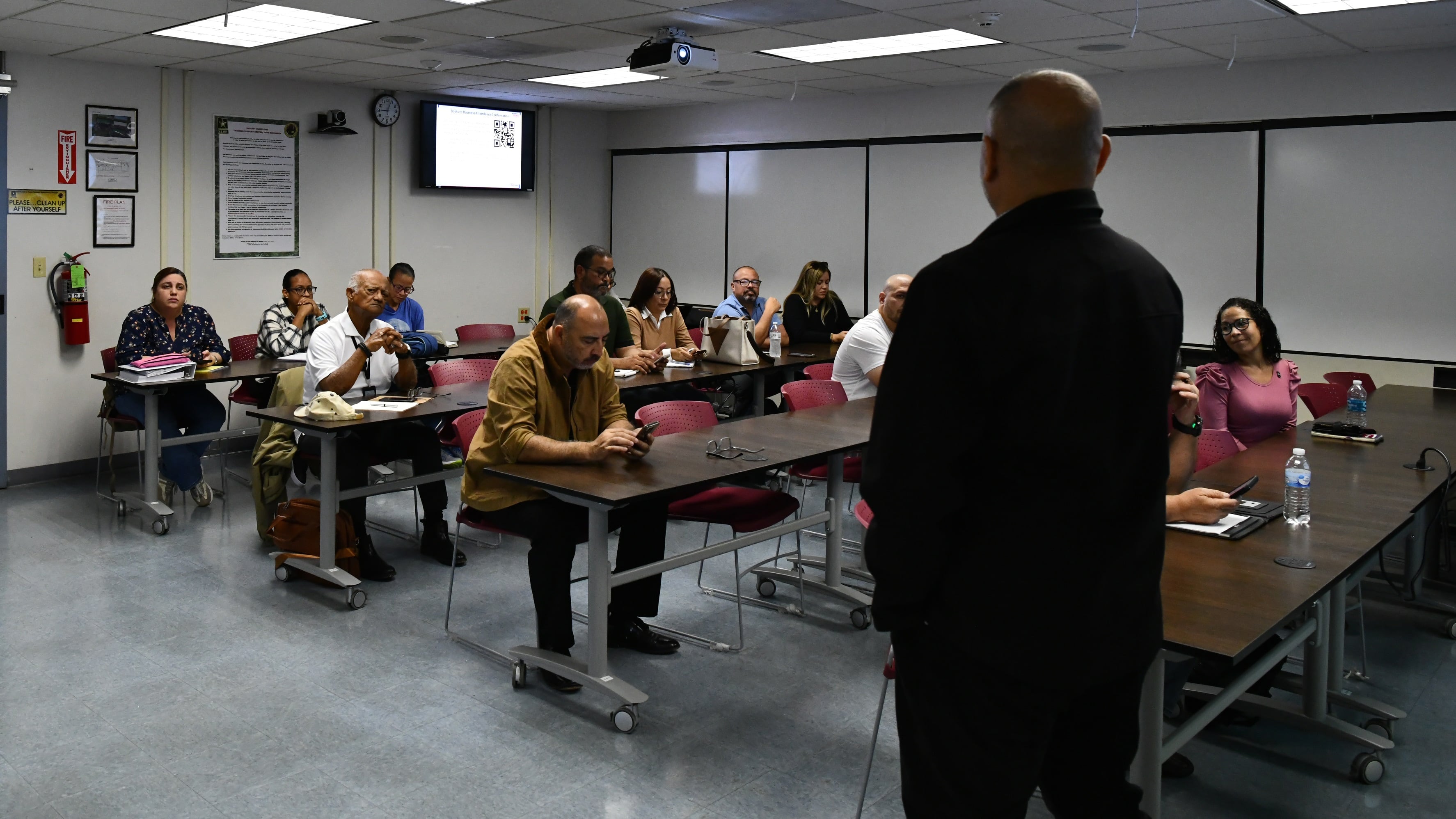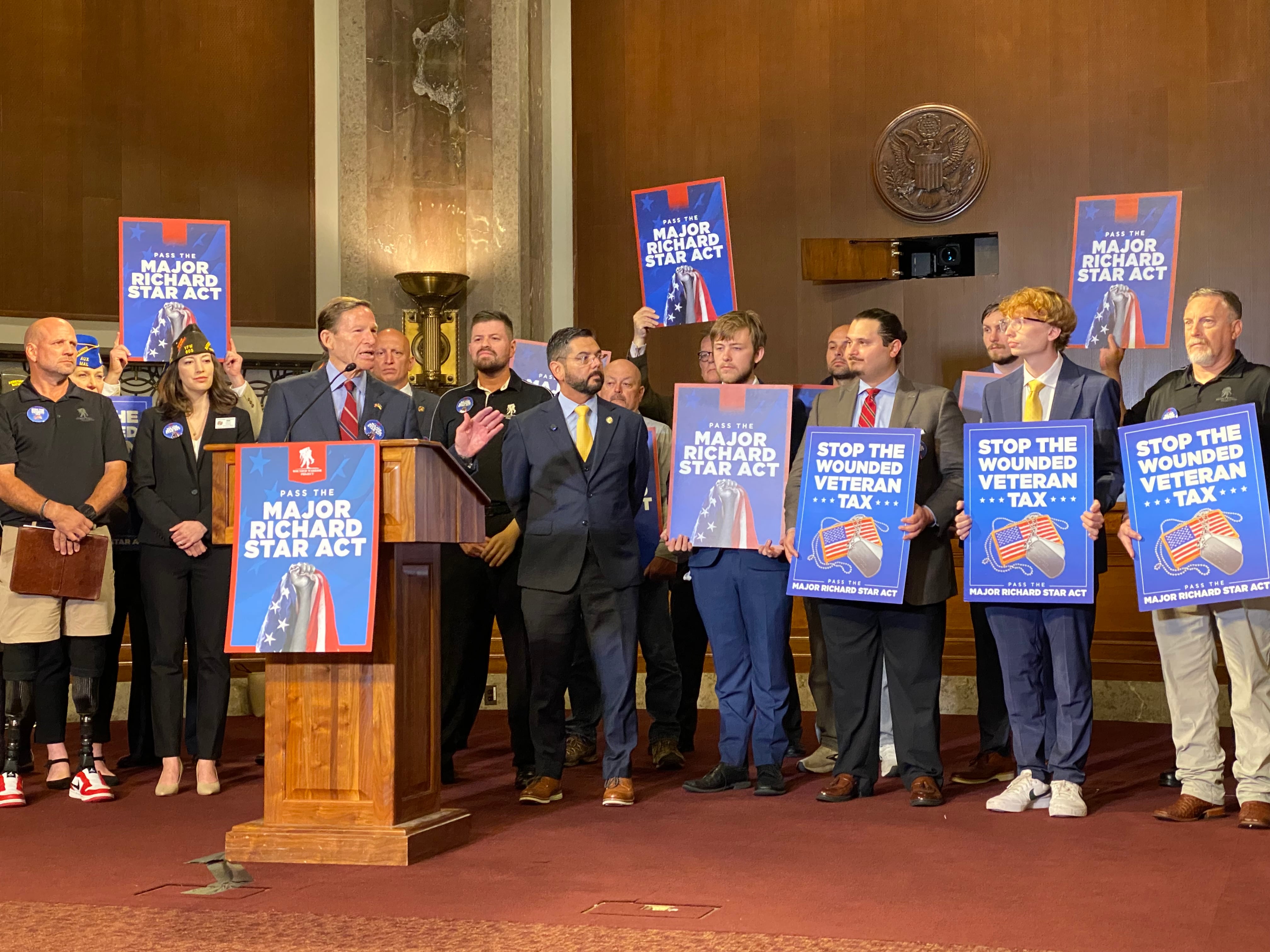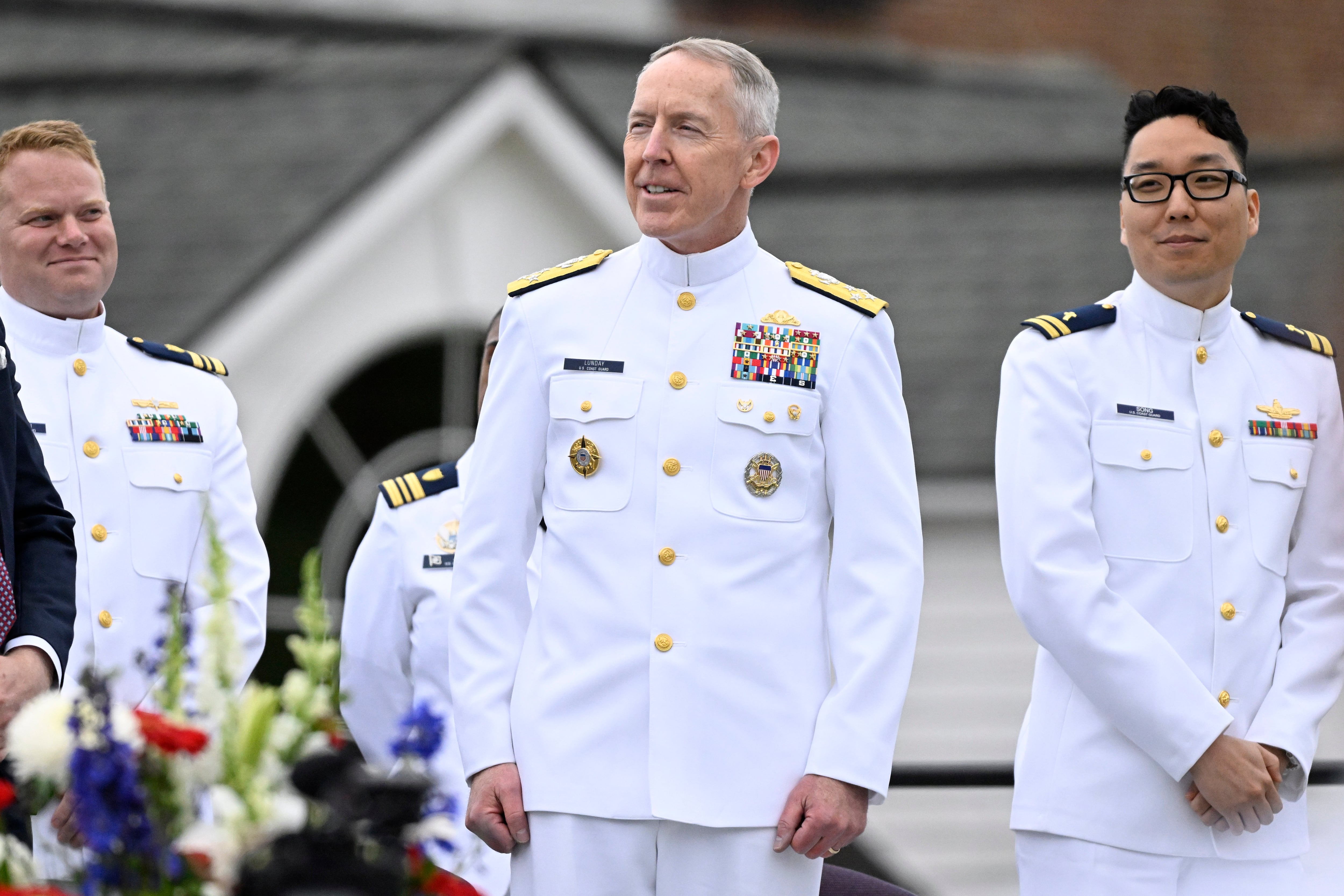The Army’s decision to remove foreign foot march awards from the service’s authorized-for-wear list last week was a strategic mistake. Army leaders should not only allow soldiers to wear these awards on their uniform, they should train, screen, fund, and support the marches of every U.S. military participant, reframing these events as what they are: strategic opportunities to reassure our allies, and message unity and deterrence to our adversaries.
Over the past decade, I completed Luxembourg’s March of Diekirch twice as an individual, and Holland’s Four Days Marches, or “Nijmegen,” seven times as an international team leader, both of which offer awards for completion. In those years, I led more than 95 people — 14 of them women — from five countries to complete the march. Each time it was hard earned, yet very rewarding. That’s why I keep coming back. It keeps my leadership skills sharp, keeps me active, and is easily the highlight of my year.
RELATED
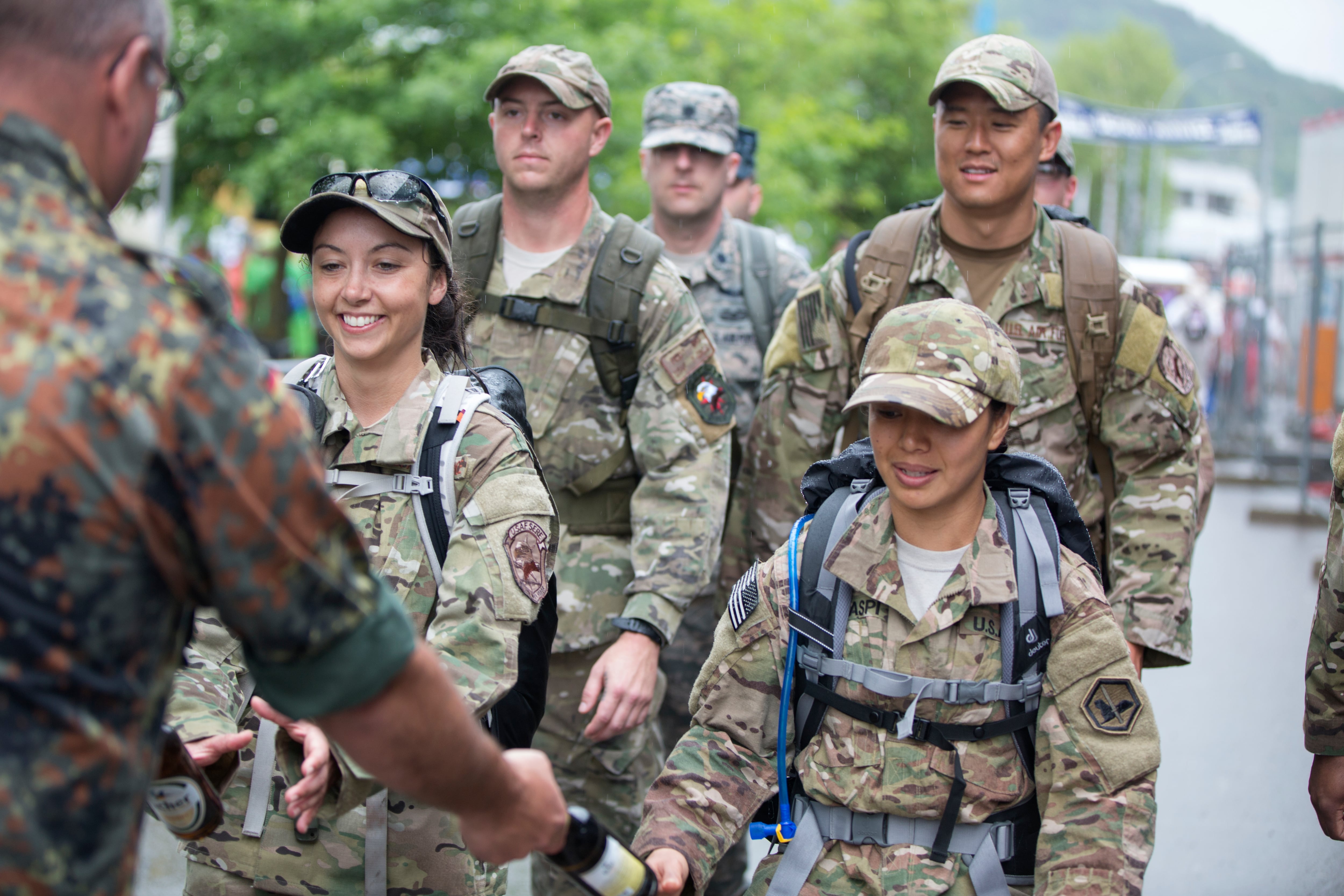
Limiting the wear of these hard earned awards is a strategic mistake for a number of reasons.
It demonstrates a lack of understanding of what these international military marches actually are. They are not, as some Army human resources officials fear, a solicitation of foreign awards, but rather, extremely difficult physical challenges run by foreign militaries that often lack the funding to offer the events for free. These events should be treated as a recruitment and retention tool to keep soldiers in the service, which is struggling to recruit talent.
Limiting the wear of these awards also takes away opportunities for our soldiers to connect with allies. Completing the marches and then wearing the awards of our allies matters when we interact with them formally. A uniform is like a resume if you know how to read it, and international awards can be a conversation starter. It’s a shared experience that can bridge language and cultural gaps and lead to lifelong friendships.
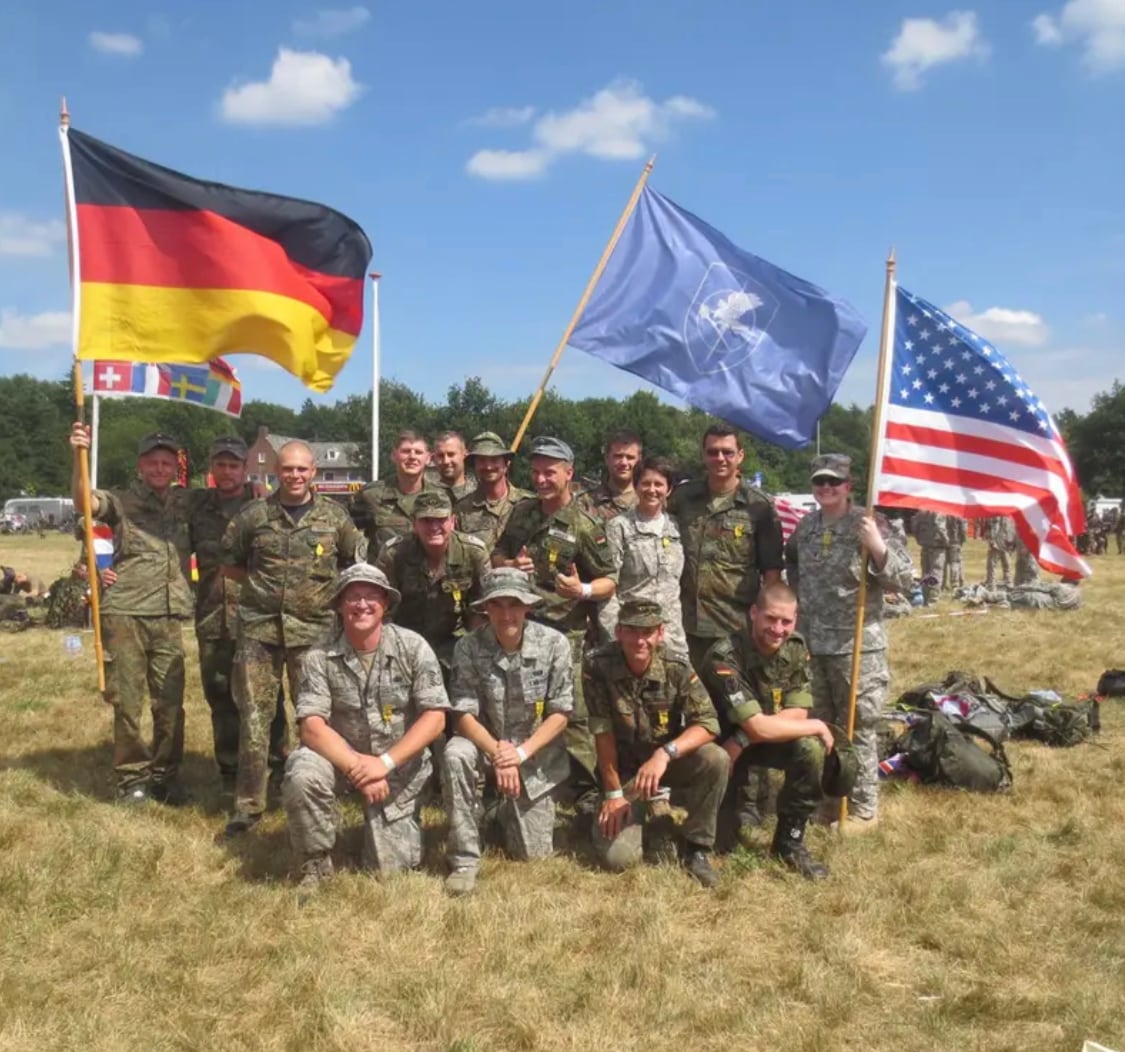
The Army’s decision to limit wear of the March of Diekirch, Four Days Marches, and potentially the Norwegian foot march awards shows a lack of understanding regarding how the U.S. military is perceived internationally after the wars in Iraq and Afghanistan. Our stock isn’t as high as it used to be with allies and partners. Marching events could help mend relationships and regain trust, especially given the ongoing war in Ukraine on NATO’s doorstep.
Finally, the decision to limit these awards shows a lack of imagination among Army leaders.
These kinds of events have the potential to be strategic messaging opportunities against our adversaries. The Four Days Marches in the Netherlands has an average of 45,000 participants from 70 countries. There is no better international stage for us to be good representatives of the U.S. military. The Army and the entire Defense Department should therefore pay for every single U.S. service member who participates in these marches, removing any potential concerns about solicitation of foreign awards and making this an international challenge.
So what should the U.S. military do?
● Establish requisite training, qualifications, and conditions for foreign foot marches.
● Provide full financial coverage for the lodging and registration fees as necessary for every U.S. service member.
● Work with allied delegations and experienced U.S. service members/veteran marchers to build smart policies for the delegation.
● For Nijmegen, and other marches as appropriate, provide operations and medical staff, as well as delegation leadership with UCMJ authority.
● Send a full communications team to document, message, and amplify the entire event.
● Allow soldiers and service members to wear the foreign foot march awards they have earned.
The post-Iraq and Afghanistan DoD needs to rethink its strategic personnel policy choices. These marches are not bought, they are earned. They are a huge opportunity for international exposure and cooperation to reinvigorate relationships with our allies.
These events send a clear message to our adversaries that we are united, and ready for anything. Let those who earn the awards wear them, and sponsor these and other events as strategic communications and morale opportunities for the future.
Samantha Turner is an Army veteran with 11 years of active and reserve service as an engineer and civil affairs officer. She deployed to Kuwait in support of Operation New Dawn, Georgia (the country) for flood relief, and Ramstein Air Base, Germany, during Operation Allies Welcome in 2021. She currently is a non-resident policy fellow at the Stimson Center, you can follow her on Twitter @sturner7816.

